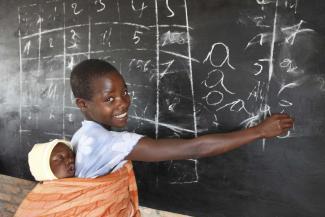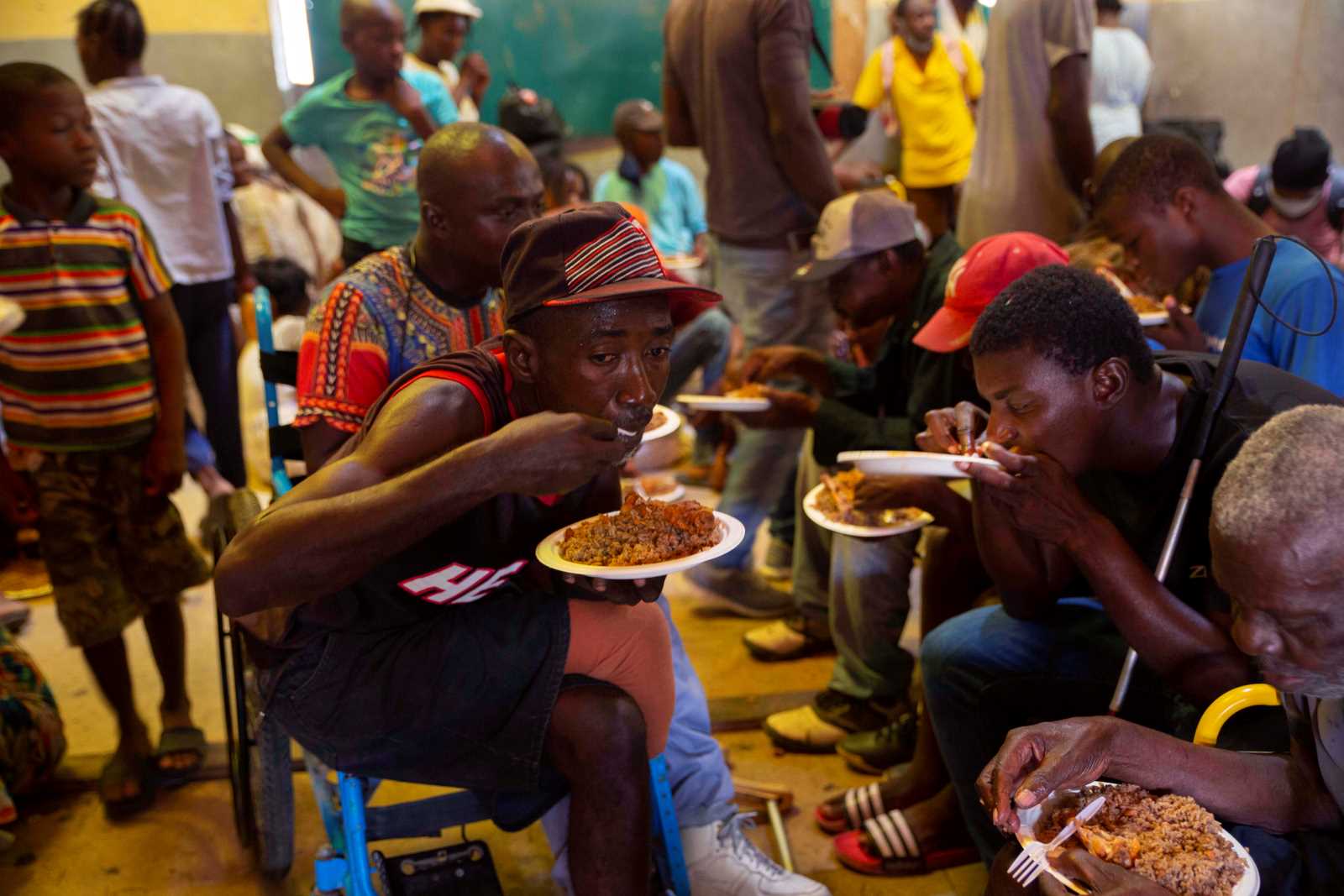Our view
Recurring infringements of children’s rights

Modern society considers children to be individuals who enjoy personal rights. These are universal principles which the UN General Assembly adopted in 1989 when it passed the Convention on the Rights of the Child. All member nations ratified it, with one exception: the USA. The Convention is the most important human-rights document in regard to children. Girls and boys are entitled to health services, an education, social inclusion and a say in everything that concerns them. They must be free to develop their own personality.
To what extent children’s rights are actually respected, is another matter. Things diverge from country to country. Among other things, it depends on how well the rule of law is enforced. It is a huge challenge that infringements of children’s rights often have no legal repercussions, even when those infringements are evident.
It is striking that breaches of children’s rights are systematically correlated with poverty. That is true in countries with low and high incomes. In many developing countries, poor families depend on the money their children earn doing hard physical work. Poverty also leads to traumatic premature marriages, forced prostitution and enslavement of children. Far too often, parents’ income does not suffice to properly feed and take care of all daughters and sons. They have no choice but to “marry off” daughters and traffic children into enslavement.
Because of their families‘ poverty, many children do not get a formal education. Their parents simply cannot afford to send them to school and make them work instead. Under age refugees struggle in particular. Their rights are seriously breached in many ways.
Even in prosperous nations like Germany, infringements occur regularly. The welfare benefits poor families receive, for example, do not suffice for a balanced and nutritious diet. Moreover, German schools are known to do a systematically poor job of educating children of immigrants. A network of 100 organisations is committed to the full implementation of the UN Convention on the Rights of the Child in Germany. They report that educational opportunities are worse for children from disadvantaged families. The same kids also experience violence and discrimination more often. Their lives are marked by physical wounds and mental trauma long-term.
Experts say that it is not enough to sign up to the UN Convention. Many nations have enshrined children’s rights in their constitutions, since adopting the rights in national law facilitates enforcement. It must be possible to take culprits to court. Germany is a laggard in this regard too and has not spelled out children’s rights in its constitution in spite of repeated admonitions by the UN.
Regrettably, minors around the world are largely excluded from political life. In most countries, the voting age is 18, though some nations have lowered it to 16 – Austria, for example, and some Latin American countries. Younger kids, however, are denied representation. Governments and legislators must therefore foster serious exchange with children and teenagers. Policymakers must consider the interests of the youngest people – that is especially true in our era of fast escalating climate crisis.
Sabine Balk is a member of the editorial team of D+C Development and Cooperation / E+Z Entwicklung und Zusammenarbeit.
euz.editor@dandc.eu














